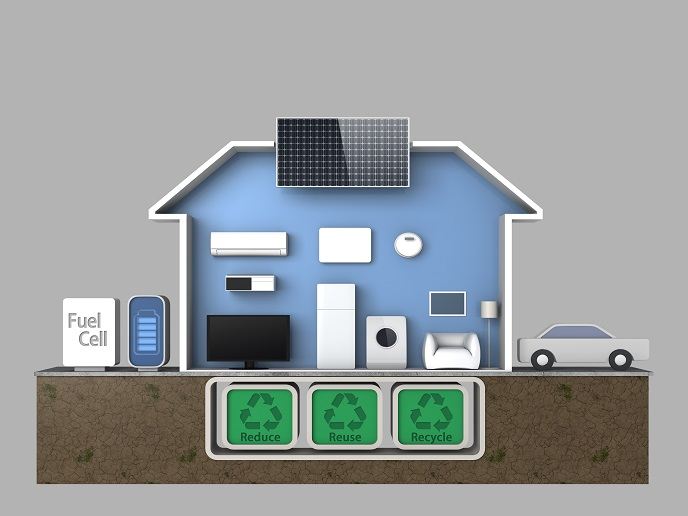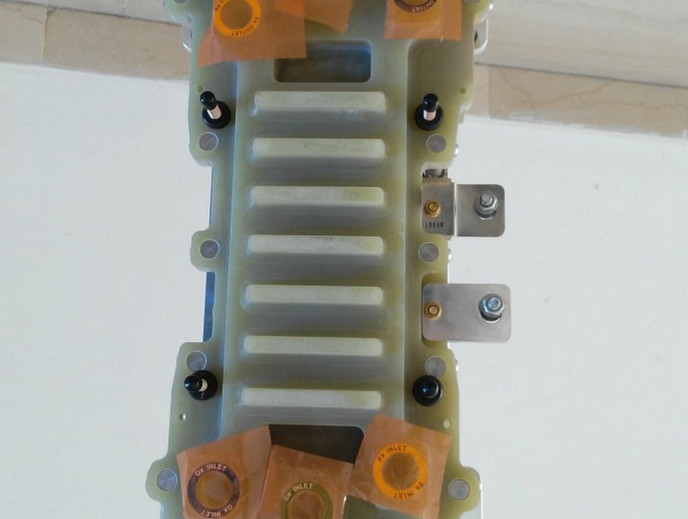Ethanol fuel cells at intermediate temperature
Ethanol is becoming a desirable target fuel for use in direct ethanol fuel cells (DEFCs). Electrochemical fuel cells convert the chemical energy of bioethanol into electrical energy, providing a clean and highly efficient energy source for both stationary and mobile applications. DEFC technology eliminates the need for a pre-reformer to produce on-site hydrogen, thereby avoiding waste of primary energy, and it is much easier to store ethanol than hydrogen. In addition, the fuel’s high energy density makes it an ideal fuel for use in fuel cells. However, a key challenge that limits practical commercialisation of DEFCs is the need to develop alternative catalysts that can initiate complete oxidation at a high rate. At the commencement of this project, there was no electrocatalytic system able to efficiently deliver 12 electrons per ethanol molecule. This makes ethanol’s electrochemical oxidation difficult because the number of reaction intermediates substantially increases. To remedy the situation, the EU-funded project DECORE (Direct electrochemical oxidation reaction of ethanol: Optimization of the catalyst/support assembly for high temperature operation (DECORE)) prepared innovative supports and nanocatalysts that hitherto have not been used as components for DEFC anodes. The strategy adopted in DECORE is associated to the exploitation of the temperature to enhance the selectivity toward full ethanol oxidation. Based on titanium oxycarbide, the newly developed supports overcome issues related to traditionally used carbon ones in temperatures ranging from 150 to 200 °C , such as corrosion of the support itself. Furthermore, they have sufficient electrical conductivity and great porosity. On the side of the nanocatalyst, development of nanoparticles based on six metal carbides were targeted, following EU guidelines aiming to reduce reliance on precious metals. After adding tiny amounts of platinum in the metal carbides, the anode was tested in a bench-top single DEFC. Peak power densities of 45 mW/ cm2 at 150 °C and up to 93 mW/cm2 at 180 °C were produced when the cell was fed with a mixture of alcohol and water in an analogy of 1 to 4. As a side-product, DECORE also succeeded in developing innovative and more durable supports which can be adopted in high temperature hydrogen-fed PEMFCs. This result, after a further scaling-up process, could be directly exploited in existing devices.







